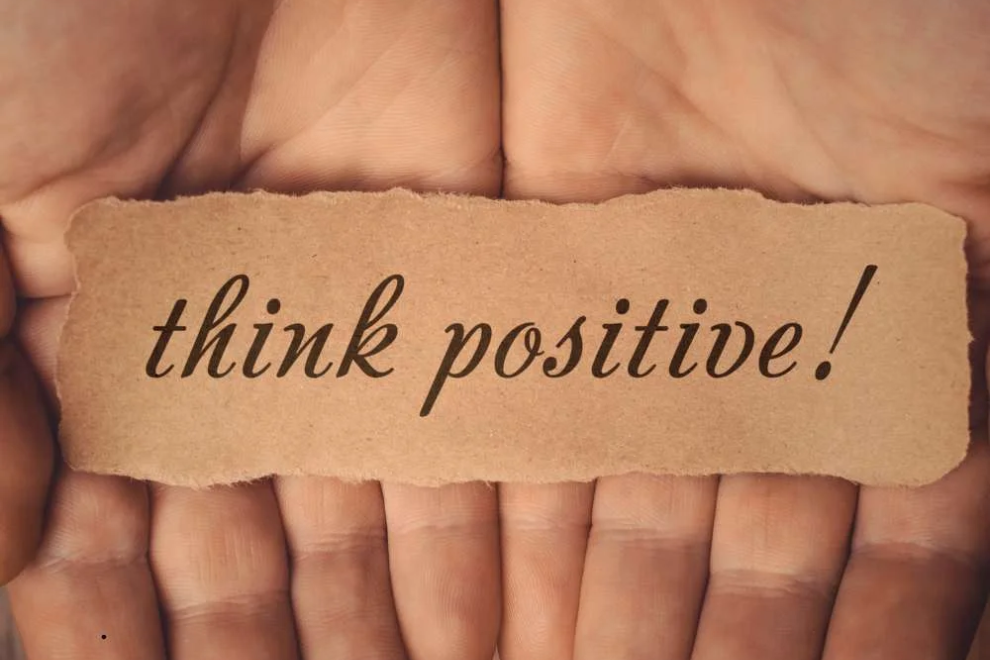Narendra Modi, the Prime Minister of India, is one of the most influential and polarizing leaders of the 21st century. His journey—rising from humble beginnings to the helm of the world’s largest democracy—has been widely discussed and debated. Equally compelling is his use of rhetoric: in speeches, interviews, podcasts, and public addresses, Modi’s words reflect his worldview, priorities, and vision for India.In this detailed, 2500-word article, we will explore Narendra Modi quotes, understand their meaning, analyze their impact, and place them in the larger context of his political philosophy. This is not an endorsement or critique—but an educational exposition of his most notable statements. Introduction: Why Narendra Modi’s Quotes Matter Mass Appeal & Communication: Modi is a master communicator. His speeches reach millions via rallies, radio (Mann Ki Baat), and digital media — making his quotes widely circulated and influentia Vision for India: Through his words, he projects a vision of “New India”: self-reliant, technologically advanced, united, and strong. Ideological Influence: His quotes often combine nationalism, development economics, cultural identity, and global leadership. Legacy & Criticism: While supporters celebrate his optimism and decisiveness, critics examine his rhetoric for nationalism, exclusion, or centralization of power. By examining his quotes carefully, we gain insight into how Modi frames his message to the nation and to the world. Key Narendra Modi Quotes with Context & Analysis Here are some of his most powerful and frequently cited quotes, along with a deeper dive into what they mean and why they resonate. 2.1 “Our country does not lack capability. We only need to awaken it.”Context & Meaning:This quote encapsulates Modi’s conviction that India’s potential is enormous but underutilized. He often speaks about India’s latent strength — in human capital, demographic dividend, and cultural heritage.Analysis:Self-reliance & Confidence: By asserting that the problem is not capability but awakening, Modi encourages collective self-belief. Development Focus: It aligns with his government’s push for “Aatmanirbhar Bharat” (self-reliant India). Motivational Leadership: This quote works as a motivational device for both citizens and policymakers — to invest in education, infrastructure, and innovation. 2.2 “I am a small man who wants to do big things for small people.”Context & Meaning:Modi uses this line to highlight his personal humility and his commitment to marginalized or ordinary citizens.Analysis:Personal Narrative: Modi’s own rise from a modest background gives weight to the “small man” metaphor. Inclusive Governance: He signals that his ambition is not for elite power, but for uplifting common people. Political Messaging: This kind of quote builds a populist image, emphasizing service over privilege. 2.3 “Good governance with good intentions is the hallmark of our government. Implementation with integrity is our core passion.”Context & Meaning:Modi has repeatedly emphasized that governance isn’t just about policies but about how they are implemented—with honesty and purpose.Analysis:Integrity & Performance: He links good governance with moral values (“good intentions”) and effective execution (“implementation”). Reform Agenda: This supports his broader agenda of administrative reforms, reducing corruption, and increasing transparency. Value-Based Leadership: By foregrounding integrity, he appeals to citizens who want ethical governance, not just economic growth. 2.4 “Dreams are not seen when you sleep. Dreams are those that don’t let you sleep.”Context & Meaning:This is one of Modi’s motivational and visionary lines — portraying dreams as restless ambitions.Analysis:Work Ethic & Ambition: This quote underlines his belief in tireless effort and persistence. Visionary Leadership: He positions himself and India as dreamers who are not satisfied with the status quo and are ready to work hard. Inspirational Appeal: This resonates especially with youth, entrepreneurs, and those invested in nation-building. 2.5 “Each one of us has both; good and evil virtues. Those who decide to focus on the good ones succeed in life.”Context & Meaning:This is a deeply moral quote. Modi acknowledges the complexity within every human being but emphasizes the power of choice.Analysis:Moral Realism: Rather than portraying himself or people as purely virtuous, Modi acknowledges internal conflict. Empowerment: By emphasizing decision and focus, he empowers individuals to shape their destiny. Public Values: This message contributes to his narrative of constructive citizenship, where personal ethics matter. 2.6 “I don’t carry the burden of the past or the madness of the future. I live in the present.”Context & Meaning:This quote reflects a balanced, grounded perspective — not being overly burdened by history or anxious about what’s ahead.Analysis:Grounded Leadership: Suggests Modi’s focus is on what he can do now, not what was or what might be. Mindfulness: Implies a pragmatic, action-oriented approach. Political Pragmatism: Enables him to frame his policies as solutions to current challenges rather than ideological legacies. 2.7 “I am a very optimistic man, and only an optimistic man can bring optimism in the country.”Context & Meaning:Modi often speaks about optimism—both personal and collective. Here, he links his own attitude to a national mood.Analysis:Positive Outlook: This quote reflects the hope-driven part of Modi’s public messaging: a better future is possible. Leadership by Example: By showing personal optimism, he expects citizens to mirror that mindset. Nation Building: Optimism becomes a value in itself — a foundation upon which reforms and growth can rest. 2.8 “When we speak of peace, the world listens to us. Because India is the land of Gautama Buddha and Mahatma Gandhi.”Context & Meaning:From his conversation with Lex Fridman, Modi explained how India’s civilizational values—peace, nonviolence—lend it moral weight in global diplomacy. Hindustan Times+2The Week+2Analysis:Soft Power: Modi highlights India’s cultural legacy as a source of diplomatic strength. Moral Diplomacy: He signals that India’s international influence should not only come from economic or military power, but moral authority. Civilizational Identity: This quote reaffirms his narrative of India’s ancient, spiritually rooted heritage playing a role in modern geopolitics. 2.9 “No matter how dark the night may seem, it is still just night, and morning is bound to come.”Context & Meaning:Spoken during the same Lex Fridman interview, this is a metaphor for endurance, hope, and inevitable renewal. Hindustan TimesAnalysis:Resilience: Modi suggests that difficulties are transient; a new phase of growth or peace will arrive. Optimism in Crisis: This is especially powerful during times of










